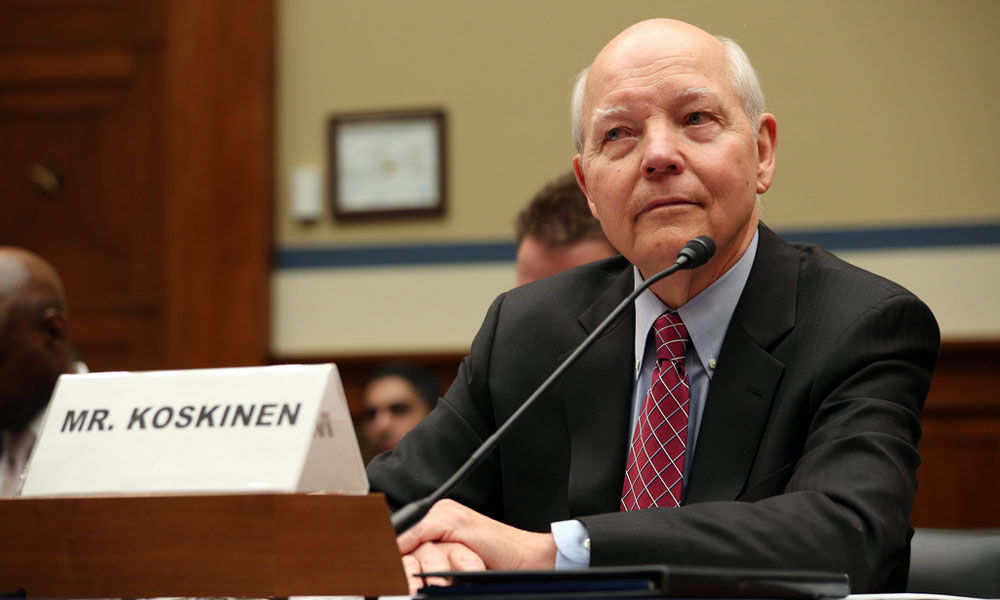
IRS Sheds Light on Next Attempt at Nonprofit Political Activity Rules
Having ditched an earlier effort after receiving a record number of comments on a single proposed rule, the Internal Revenue Service gave an update on the status of its work to clarify the amount of political activity that tax-exempt organizations may participate in.
The Internal Revenue Service will propose new rules next year that will clarify the amount of political activity allowed for tax-exempt organizations, IRS Commissioner John Koskinen said in an interview with the Center for Public Integrity (CPI) last week.
The new rules would address questions left unanswered from the first set of rules the agency released last fall. The initial proposal sought to clarify how much political activity is allowable for 501(c)(4) social welfare organizations. The rule drew more than 150,000 comments and criticism from varied interests.
The IRS had intended to hold a public hearing on the proposed rules sometime this summer but instead decided to revise the rules beforehand.
Koskinen told CPI that the new rules will not only seek to define what constitutes political activity, but also whether the rules should apply to 501(c)(5) labor unions and (c)(6) trade associations as well. The first draft was more strictly focused on 501(c)(4) groups that have proliferated in recent years and don’t have to disclose their donors.
“There are three issues: What should be the definition, to whom should it apply, and how much can you do before you jeopardize your exemption?” Koskinen said. “The next resolution will differ from the first draft because it will deal with all three questions.”
Reaction to Koskinen’s update was mixed.
“By far, the most important step that needs to be taken to conform the regulations with the statute is to make clear that only a minimal amount of campaign-related activity can be conducted by a 501(c)(4) group, such as no more than 10 percent,” Fred Wertheimer, president of Democracy 21, a campaign finance reform advocacy group, told the Washington Post.
David Keating, president of the Center for Competitive Politics, said the Federal Election Commission would be better suited to handle campaign finance issues.
“The idea that a tax-enforcement agency is getting involved in politics is an extremely dangerous thing,” he told the Post. “It’s not in their area of expertise.”
ASAE voiced concern earlier this year that the IRS was proposing to expand the definition of “candidate-related political activity” to include nonpartisan activities such as candidate forums, get-out-the-vote efforts, and voter education, which would inhibit the free-speech rights of tax-exempt organizations.
Koskinen said the new proposed rules will be out in early 2015 and that there will be an additional comment period and public hearings before they’re finalized.
IRS Commissioner John Koskinen. (via the House Committee on Government Oversight and Reform's Flickr page)






Comments